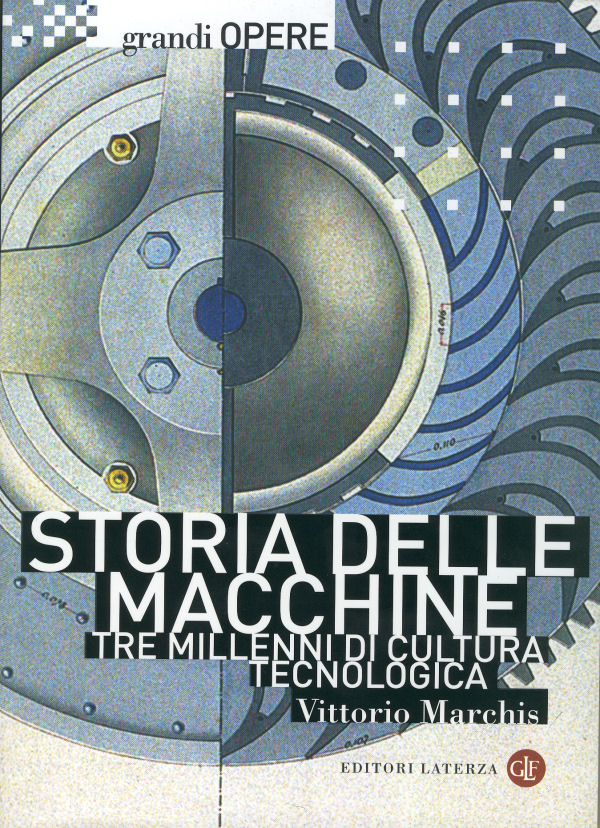Here are some more Authors suggested for the choice of the book necessary for some investigations around the history of technology:
Emile Zola (French society in nineteenth century)
Tracy Kidder (contemporary American society and technology)
Richard Powers (history, music, computer science, genetics...)
Bruce Sterling (cyberpunk science fiction)
Jan MacEwan (contemporary British society)
Carlo Emilio Gadda (20th century science and technology)
Chris Ware (comics, contemporary society)
Thomas Pynchon (science, technology, history)
Thomas Mann (German 2oth century society and industry)
David Foster Wallace (sport, contemporary society)
Luigi Barzini sr. (automobile, ... )
Italo Svevo (early 20th century Italian society, psychoanalysis)
Giovanni Verga (South Italy society)
Italo Calvino (science, astronomy,...)
Orhan Pamuk (contemporary Turkish society and Ottoman culture)
Luciano Bianciardi (Italian society, mid 20th century)
Further notes on the literature of these Authors can be found in the Web.







